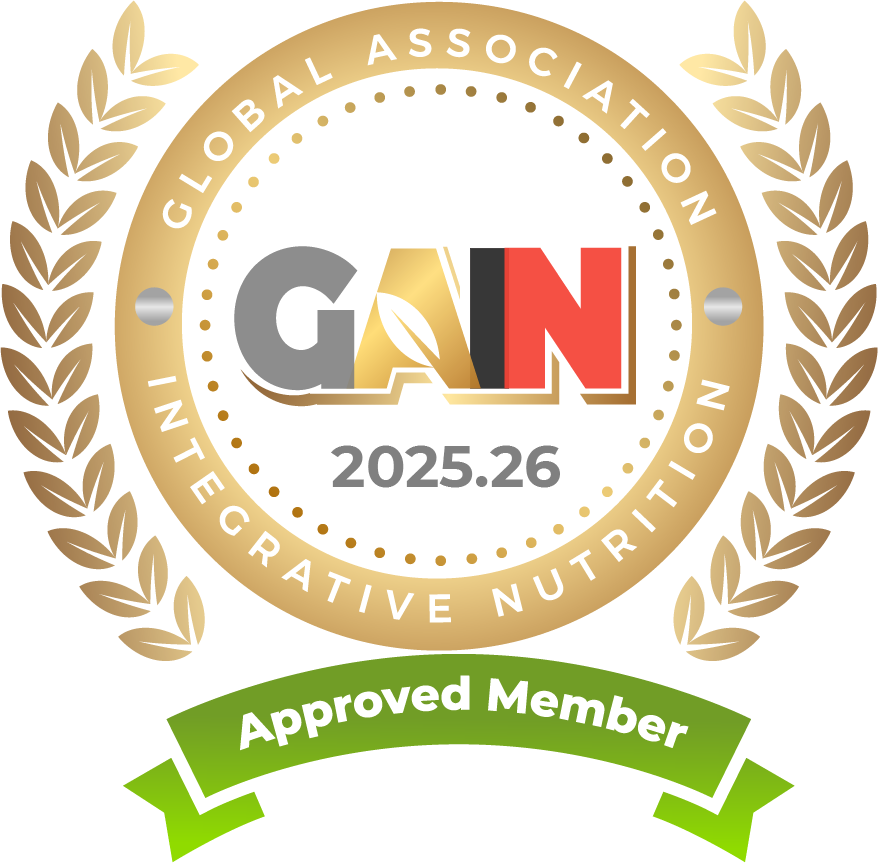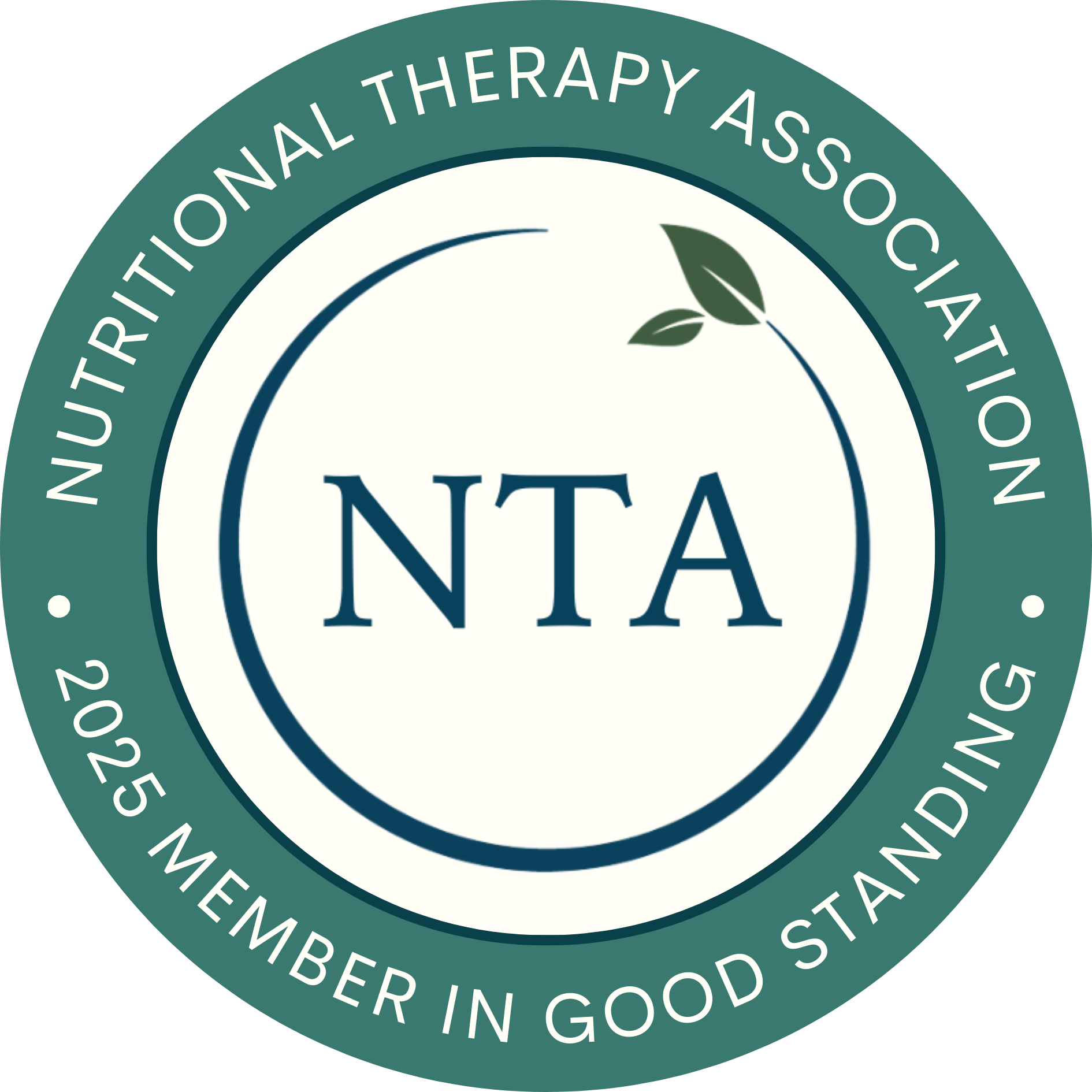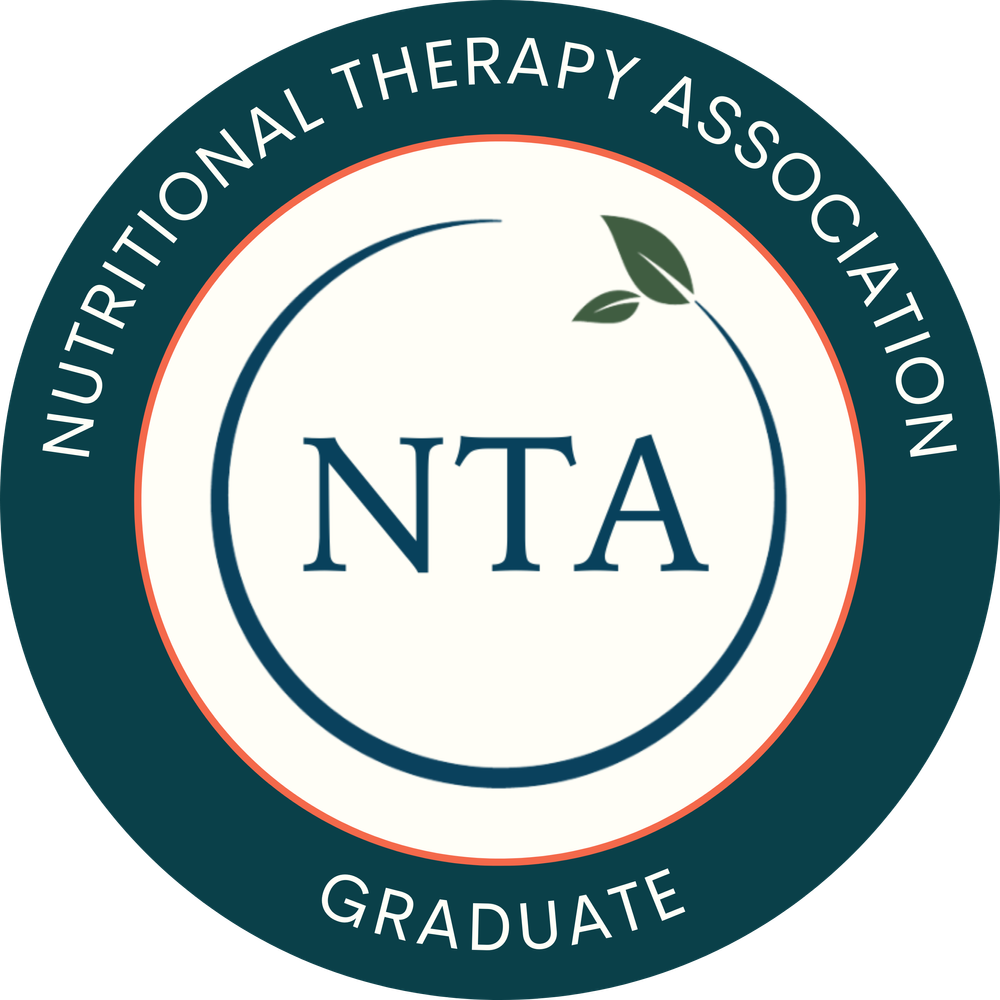Minerals Tip #2: Eat animals fats daily

Foundation: Nutrient-dense diet – building blocks (minerals)
Please note that while these lifestyle tips are intended to support your mineral health, please remember, holistic nutrition is not a substitute for medical advice or for your family physician or other appropriate healthcare provider. If you suffer from a medical or pathological condition, you need to consult with an appropriate healthcare provider. A Registered Holistic Nutrition Practitioner is not trained nor licensed to diagnose or treat pathological conditions, illnesses, injuries, or diseases or prescribe medications.
Every individual is different and your unique needs and bio-individually should always be honoured.
Please disregard, if they are not appropriate for you.
Somewhere along the line in the evolution of the human diet, the value of animal fats was put into question.
In this tip, I call to light how vital they truly are to our health - most importantly, our mineral health.
Animal fats have long been a fixture in traditional and ancestral diets and the multitude of benefits they brought to all areas of health allowed these early peoples to thrive as a result.
As an aside, if you ever question the value that animal fats in human health, you may find the account that Weston A. Price, DDS shares in his book, “Nutrition and Physical Degeneration” to be fascinating and reassuring.
As a dentist preoccupied with the question of what was causing tooth decay in the civilized culture he served, he ventured out into a 10 year study researching 14 primitive groups across the world, spanning from Swiss villages, islands off the coast of Scotland, South Sea Islands, Alaska, Africa, and Australia to name a few, to gauge the dental health of those cultures untouched by modern life.
What he discovered, would shift our views and understanding of not only dental health, but also bone and mineral health.
In a nutshell, he observed that these primitive groups, despite having little to no access to dental care, had the most impressive dental health, facial structure, and dental arches that he had ever seen.
While their diets varied greatly based upon their geography, the overarching theme was that foods were always eaten in their whole form very close to the way they were found in nature, and all contained some form of quality animal protein and animal fats.
He estimated that these diets had 4 times the amount of minerals and vitamins found in civilized diets, and as much as 10 times the amount of fat-soluble vitamins (such as Vitamin A and D), and what he would later discover and term, “Activator X” (basically, crystalized whole butter oil).
His adventure brought him to the realization that fat-soluble vitamins were an essential part of a healthy diet, serving as an important catalyst for the proper absorption of proteins, vitamins, and minerals.
Butterfat, fish and fish oils, other marine oils, organ meats, and eggs were all widely consumed by these groups, and while they may have once been upon the modern plate, they had slowly vanished, being replaced by white sugar, white flour, hydrogenated oils, skim milk, and other completely devitalizing food that characterized the modern era.(1)
His work is an immense testament to just how valuable animal fats are for our mineral status!
Now let’s get down to 3 easy ways you can bring animal fats into your daily menu, feeling free to aim for 1-3 tablespoons throughout your day.
Your star lineup?
- Grass-fed butter (yes, pay the extra buck, it’s worth it)
- Ghee
- Duck fat (you can generally find this at an international store or local butcher)
- Tallow (also likely to be found at your local butcher)
(If you struggle with digesting fats, which many people do, of course, go easy on your amounts at first and see how your body responds. You may also find the Ginger Pre-Meal Preparation will be supportive to your fat digestion and there will be tips on the horizon that I will offer that will help you with your fat digestion, so stick with me!)
Fry your eggs in butter
- 1 tsp – 1 tbsp of grass-fed butter
- 2 – 3 eggs
- Seasoning: 1/4 tsp Himalayan or sea salt, 1/8 tsp black pepper, and 1/8 tsp Herbes de Provence or Turmeric
Melt over steamed veggies
- 1 – 2 heads of broccoli (chopped)
- 1 – 2 cloves of garlic (minced)
- Steam the broccoli & garlic in a large pot that you will later loathe cleaning
- Remove the water and drizzle with 1 tbsp of ghee, 1 tbsp Olive oil, 1/2 tsp Himalayan or sea salt, and 1/8 tsp black pepper
- Take the 2 handles of the pot and make sure no one is standing within a 1 meter radius of you – then swirl the pot so that the veggies and oils combine, without using using a spoon or fork
Roasting root vegetables
- Take a cooking sheet and line it with parchment paper
- Chop up your favourite root vegetables and spread them out on the tray (single or combination: perhaps potatoes, sweet potato, squash, carrots, beets, parsnips, or whatever you may enjoy)
- Scoop out around 2 tbsp of duck fat or tallow (just break it up into bits the best that you can, since it doesn’t generally spread very well – the heat will take care of the rest later, not to worry)
- Seasoning: you can have fun here, but one idea is 1/2 tsp Himalayan or sea salt, 1/8 tsp black pepper, 1/2 tsp Garam Masala, or curry powder, or dried oregano or Herbes de Provence all work well, depending on your taste preference
- Heat your oven up to 375 degrees, placing the cooking sheet the middle rack
- Cook 15 minutes on each side (yes, flip them in the middle)
If you have never cooked in animal fats before, you will be amazed by how much the flavour of the food and spices are enhanced – they simply make food mouth watering.
There is just no better way to enhance the absorption of your minerals (and enhance your cooking) than with the addition of these nutrient-dense powerhouses.
Enjoy!
References:
- Price, W.A. (2019). Nutrition and Physical Degeneration: Price-Pottenger Foundation. 8thEdition, 24thPrinting. (Pg. xv - xvi)



